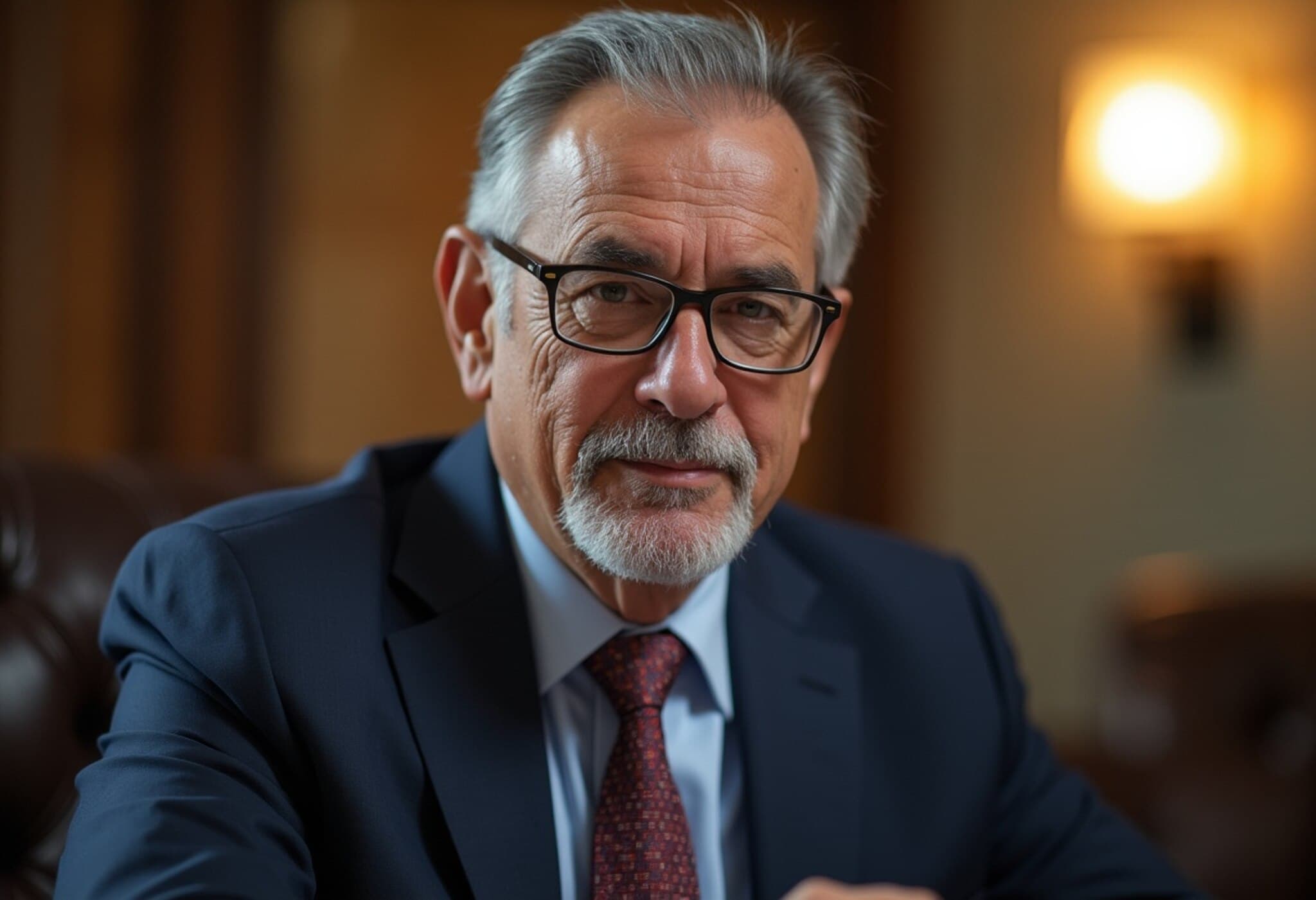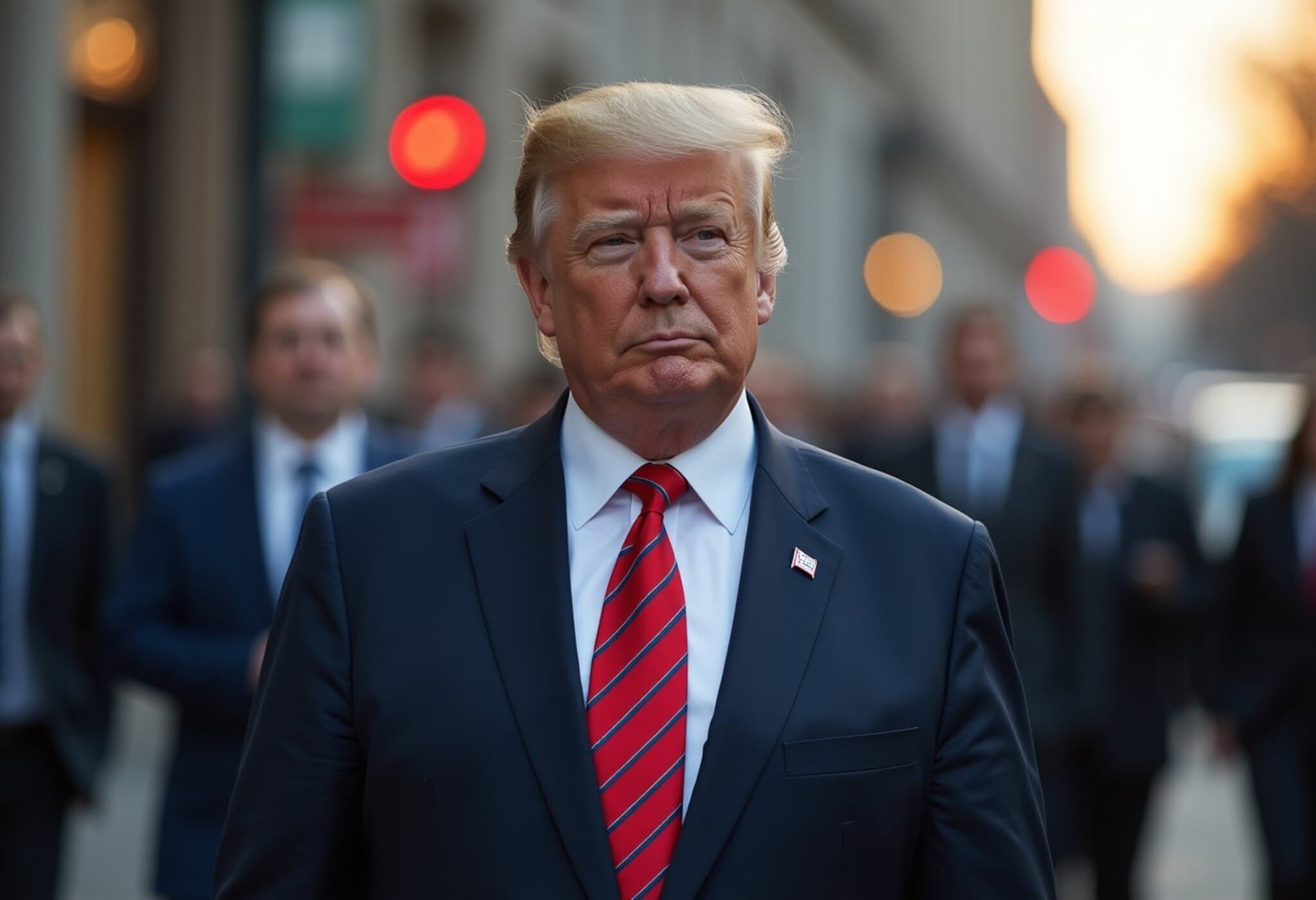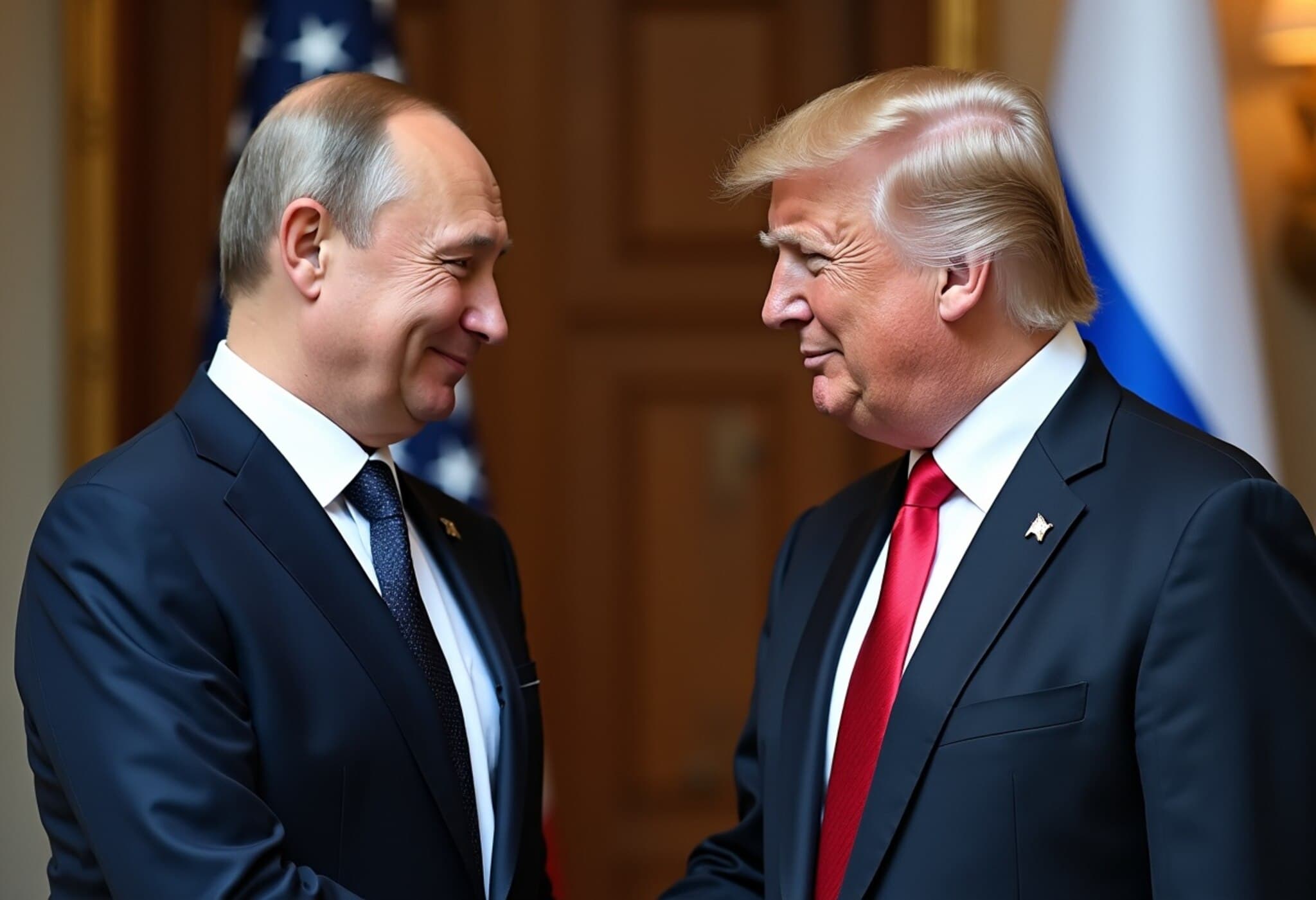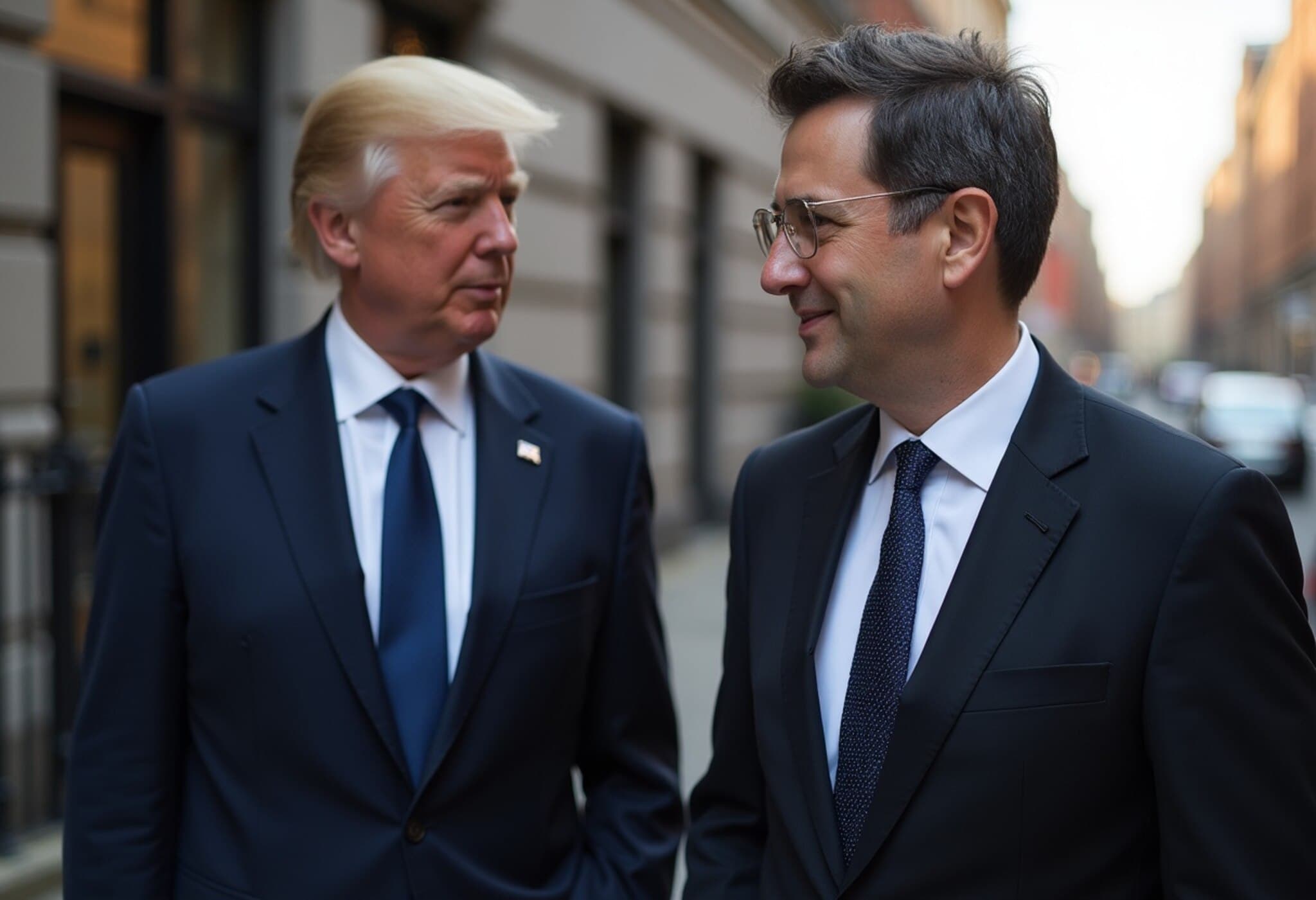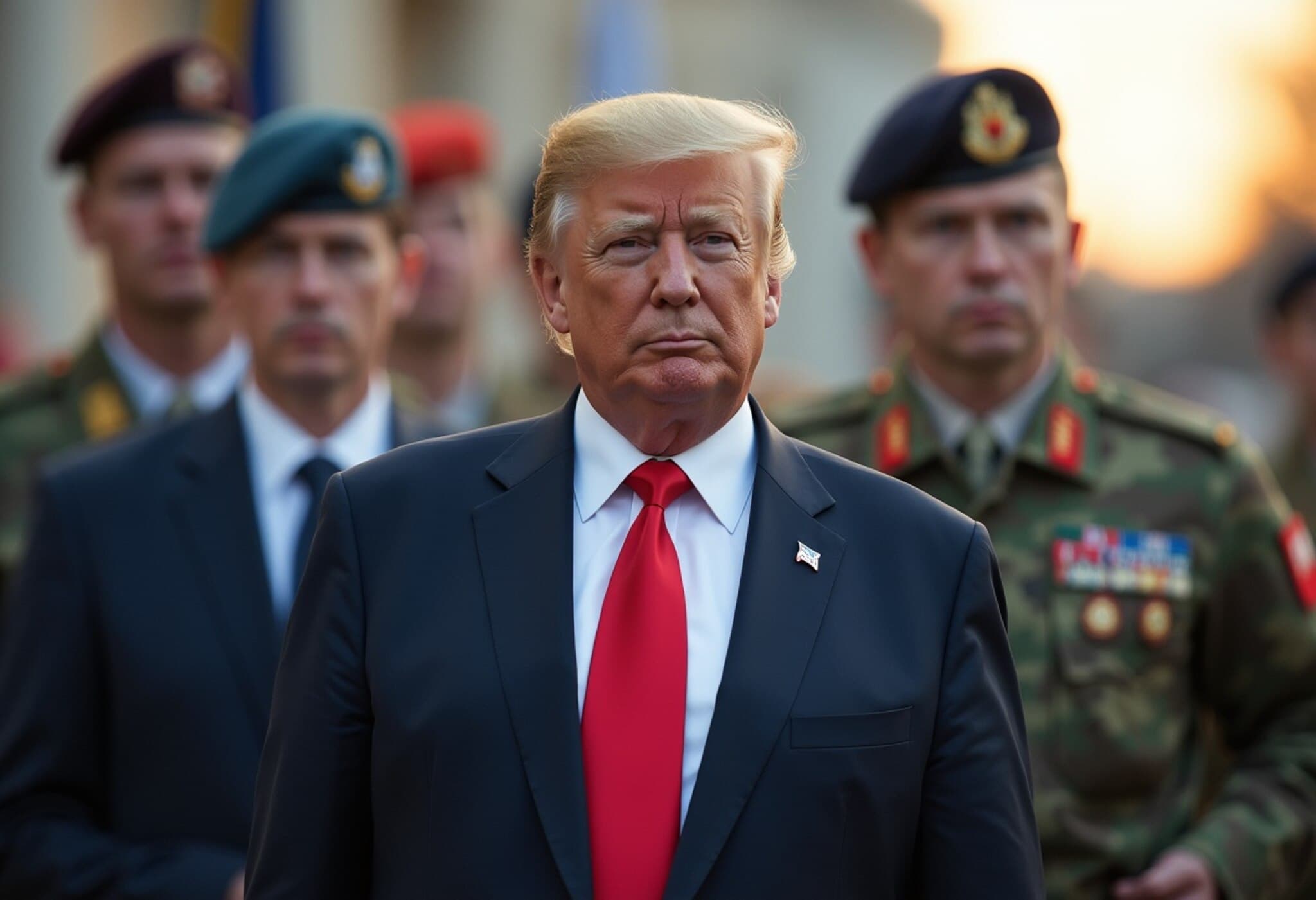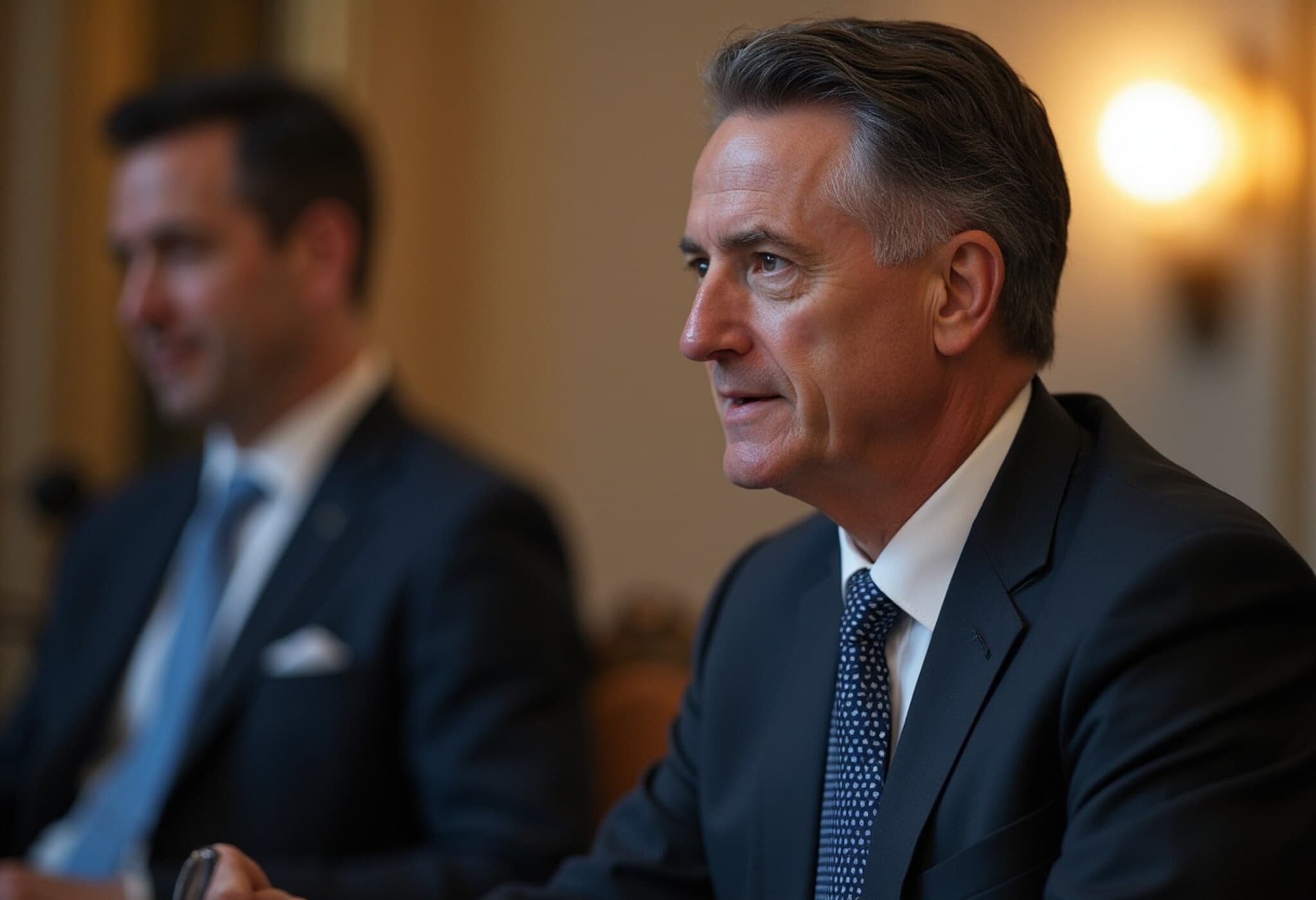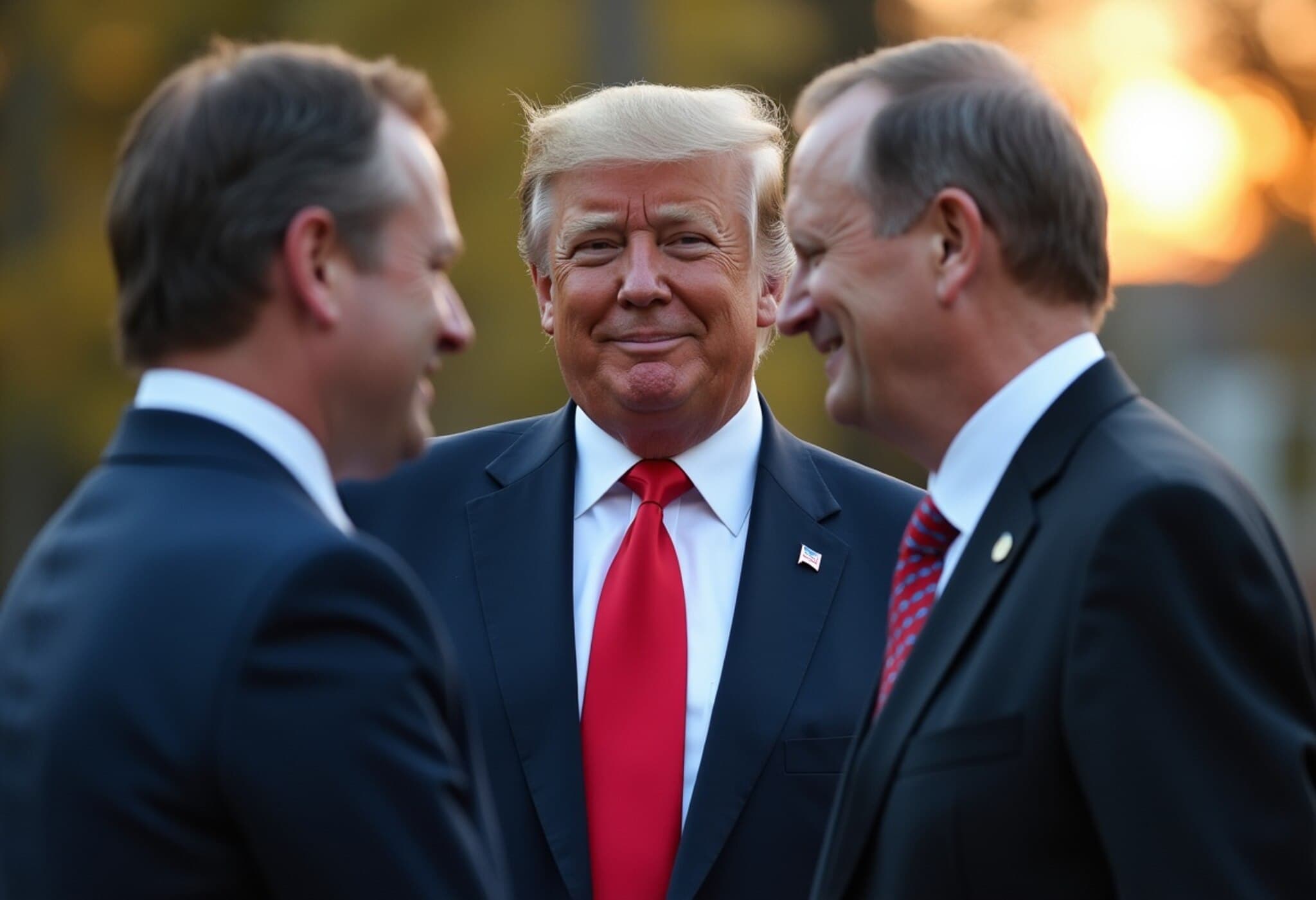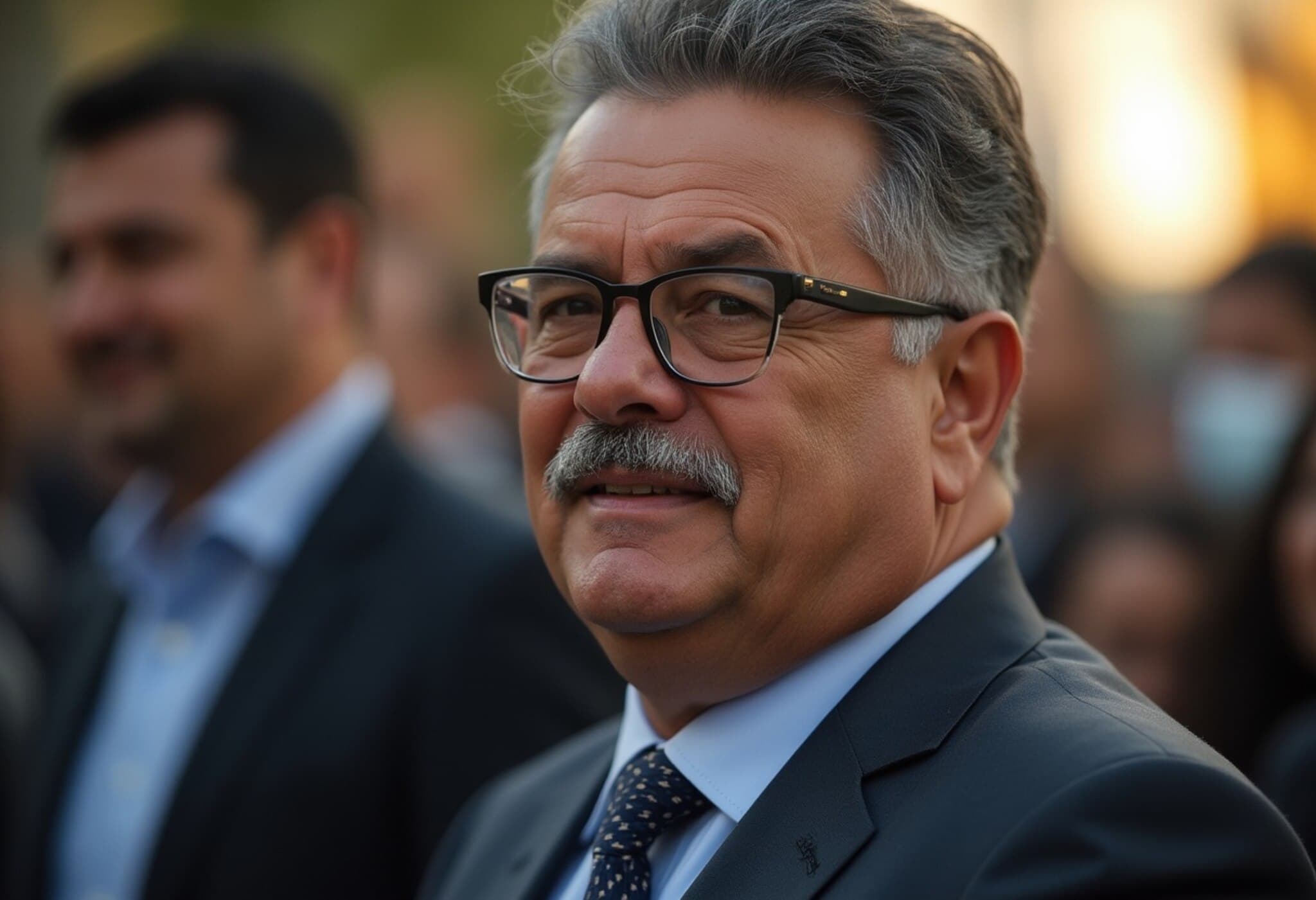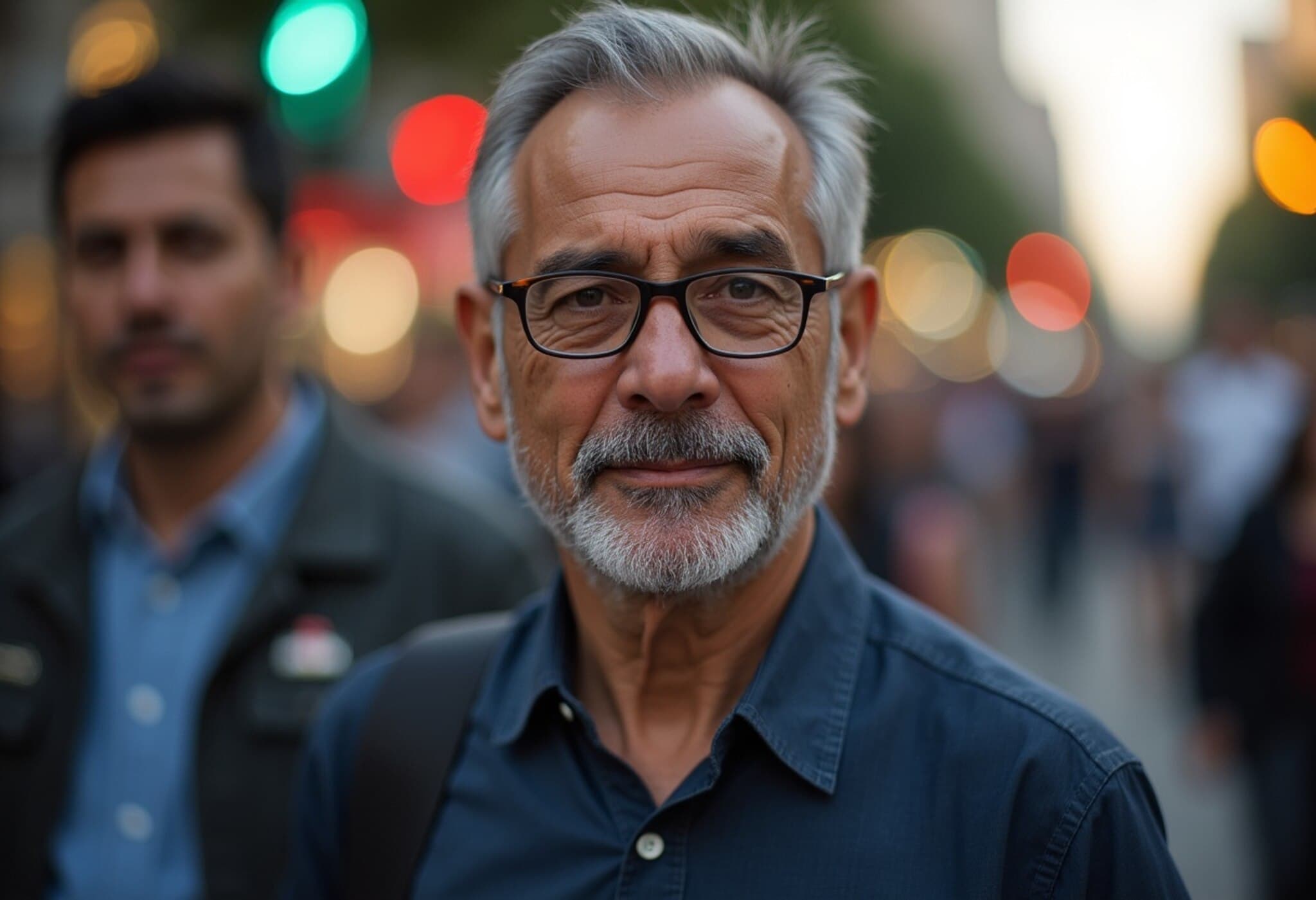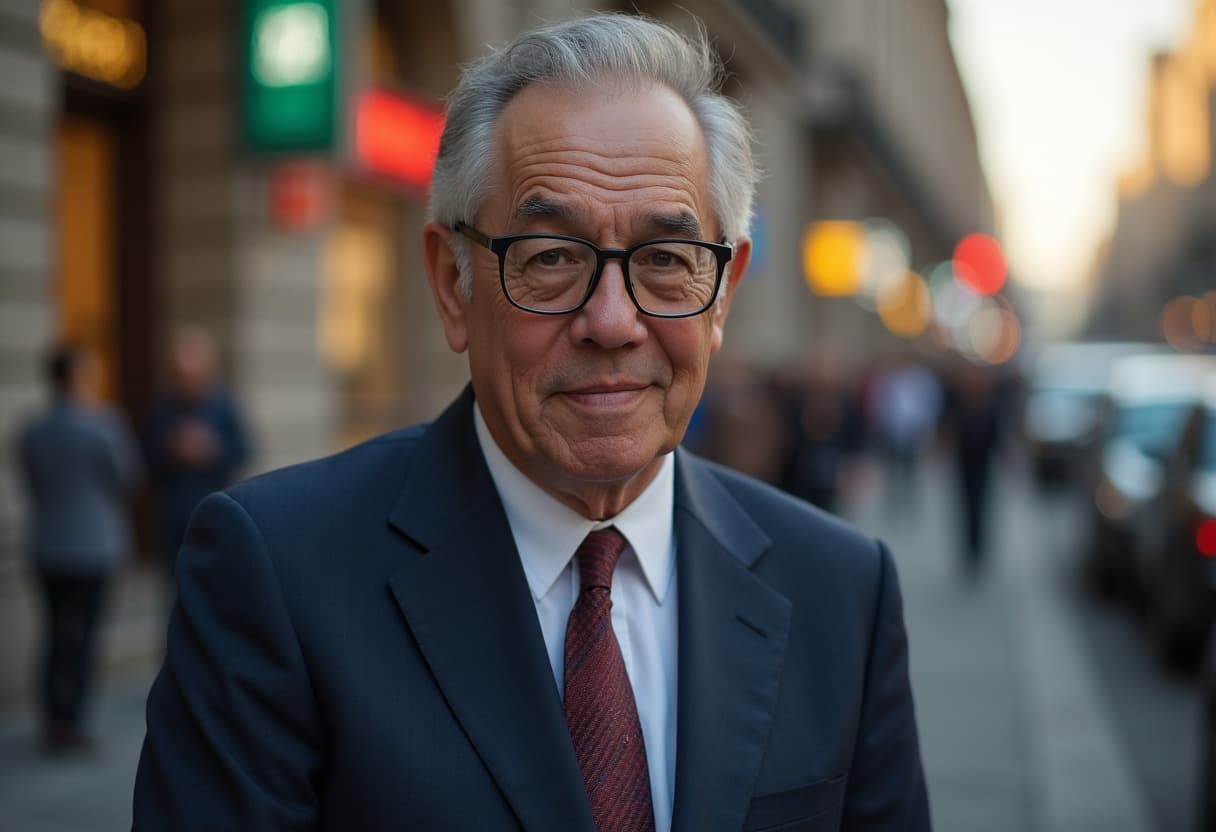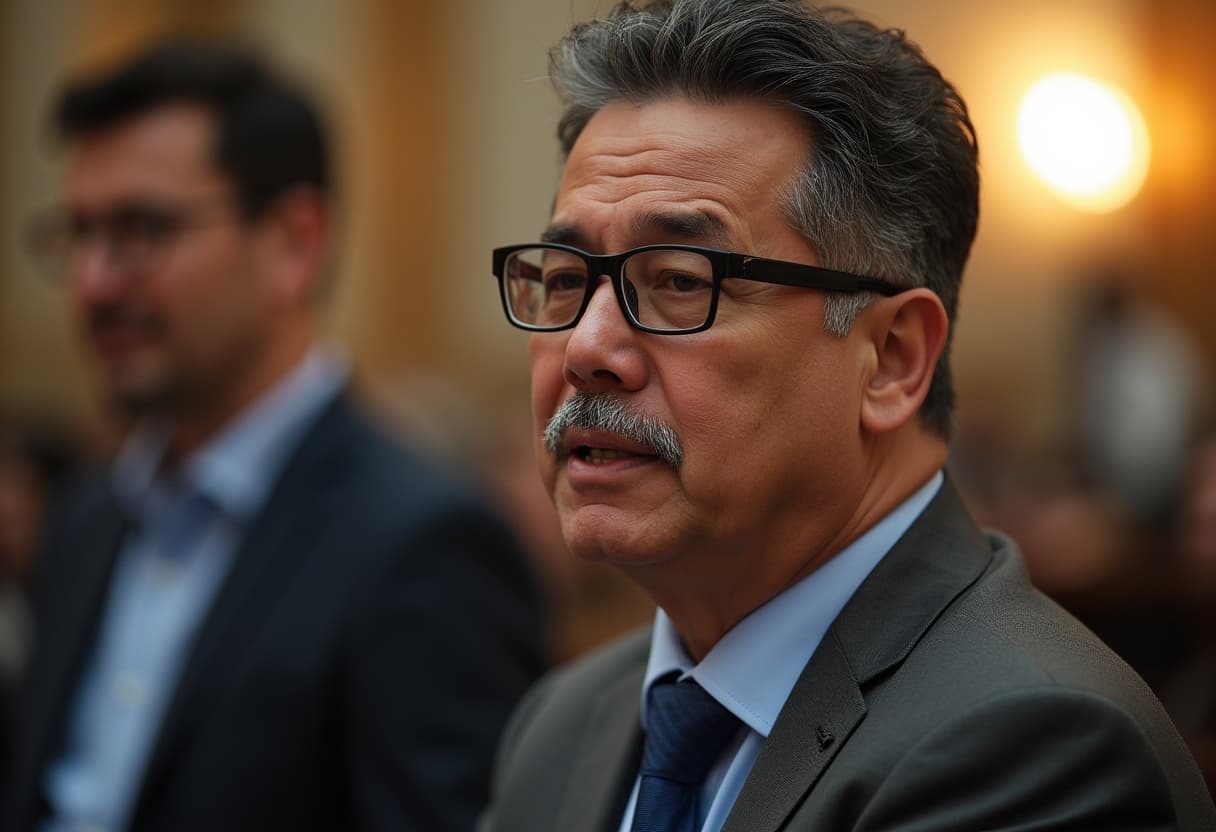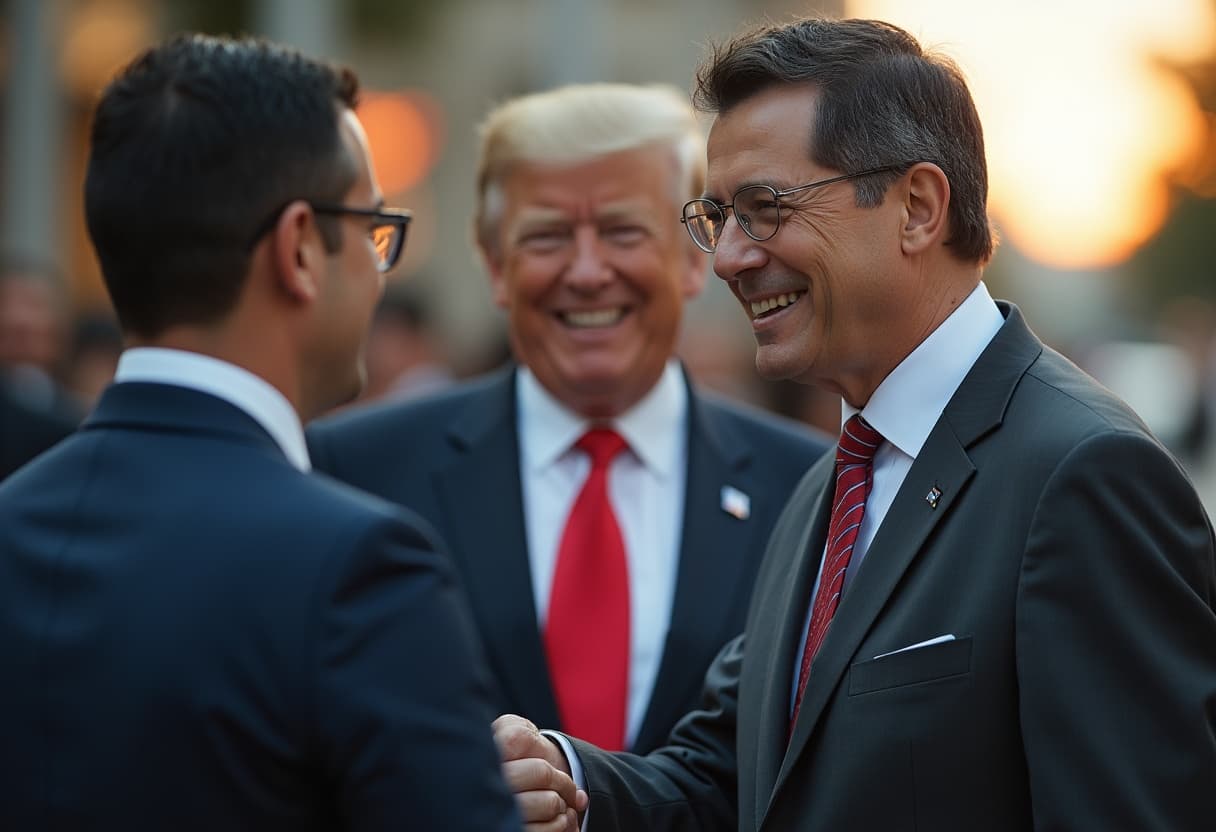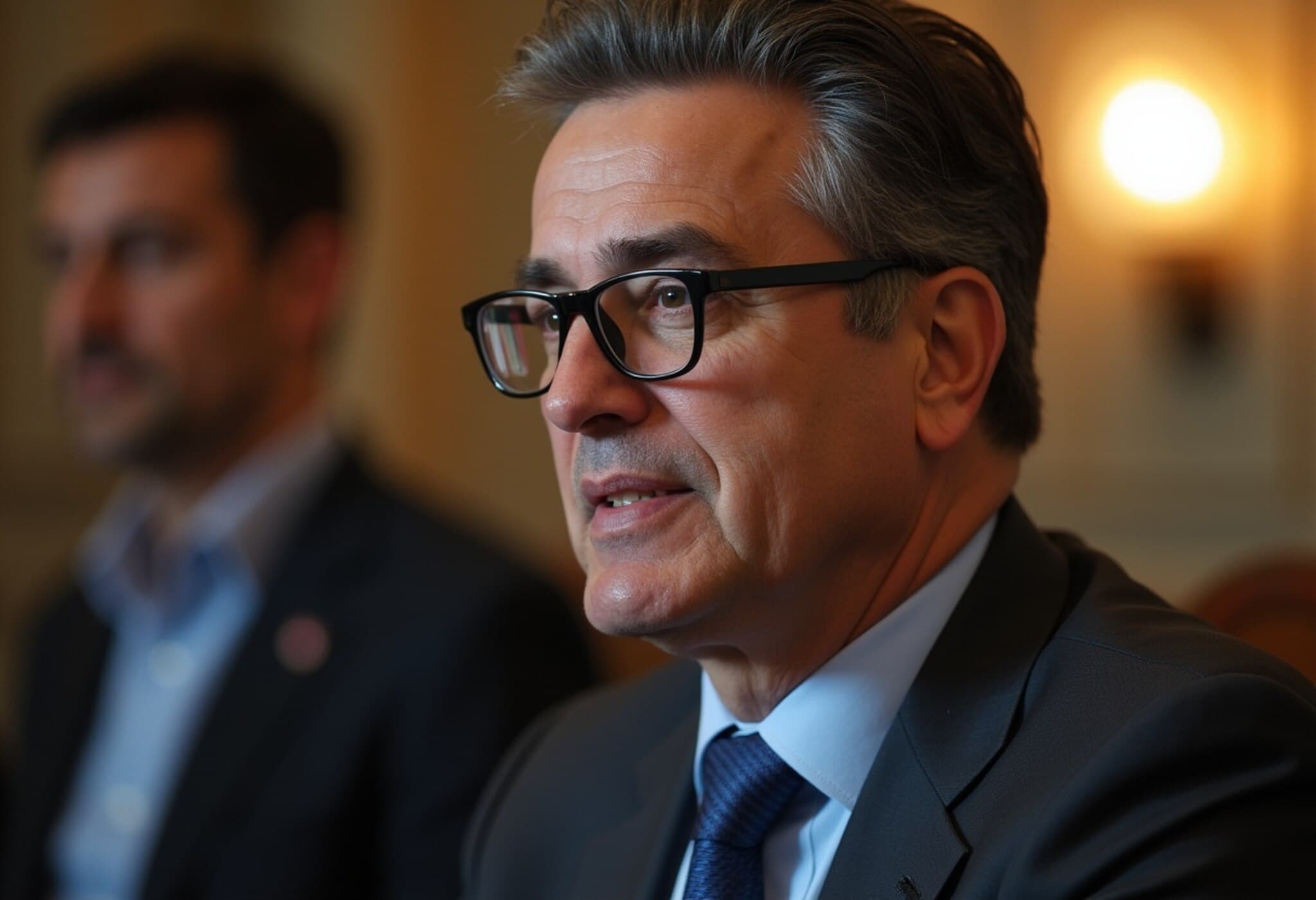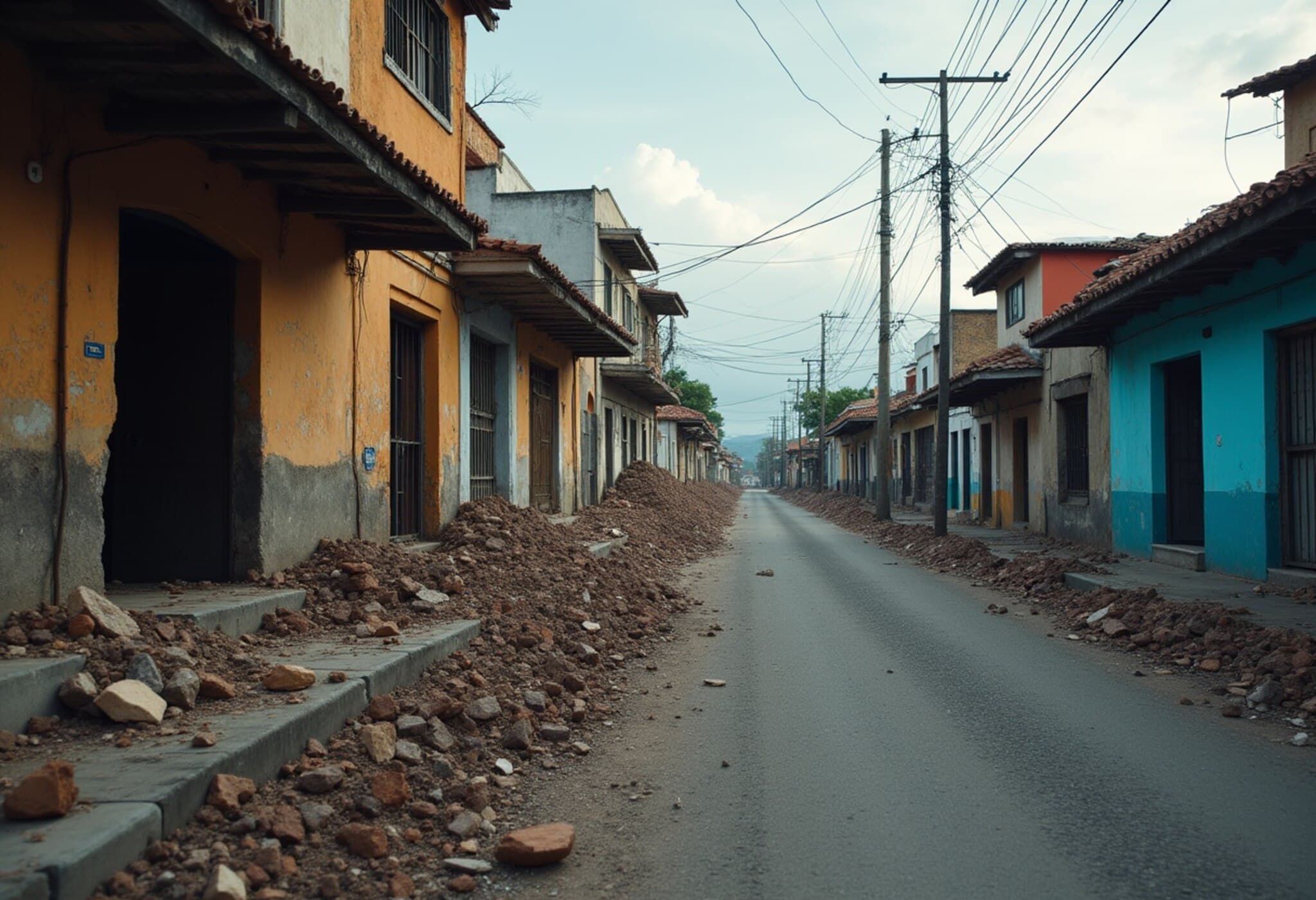Colombian Senator Miguel Uribe Passes Away Following Assassination Attempt
Colombia was left reeling on August 11, 2025, following the death of Senator Miguel Uribe Turbay, a prominent presidential candidate, who succumbed to injuries sustained in a brutal shooting at a campaign event just two months earlier. The 39-year-old politician spent over nine weeks battling complications, undergoing multiple surgeries before his condition deteriorated due to brain bleeding.
A Nation in Mourning
The fatal attack on Senator Uribe, who was shot on June 7 during a rally in Bogotá, sent shockwaves across the country — reopening wounds from Colombia’s turbulent history of political violence. Known for his conservative stance and as the grandson of former Colombian President Julio César Turbay, Miguel Uribe's legacy is intertwined with his family's tragic past. His mother, Diana Turbay, a respected journalist, was kidnapped and killed by drug cartels in 1991 when Miguel was a young child, underscoring the enduring challenges Colombia faces in combating violence.
Family’s Heartfelt Farewell
On social media, María Claudia Tarazona, Uribe’s wife, shared a poignant tribute to her late husband, expressing unwavering love and a solemn promise to care for their children. "You will always be the love of my life," she wrote in Spanish. "Wait for me, because when I fulfill my promise to our children, I will come looking for you and we will have our second chance."
Legal Proceedings and Unresolved Motives
Authorities have arrested four suspects connected to the shooting, including a 14-year-old identified as the alleged gunman. All four face charges of attempted murder and illegal firearm possession. The three adults are further charged with employing a minor to commit a crime. They claim their actions were ordered by an individual known only as Elder José Arteaga, nicknamed "El Costeño," but prosecutors have not disclosed the motive behind this politically charged attack.
Implications for Colombia’s Political Climate
The assassination of Senator Uribe has reignited deep concerns about the resurgence of political violence in Colombia — fears many hoped had been left behind following peace efforts over recent decades.
Colombia’s political landscape remains sharply divided on addressing the intensifying violence driven by entrenched criminal groups linked to the country’s prolonged internal conflict.
- Conservative politicians, including the late Senator Uribe, advocate a stringent security approach to dismantle criminal organizations.
- Meanwhile, President Gustavo Petro and the leftist government emphasize pursuing peace agreements, although these initiatives have yet to yield substantial results.
This tragic event exposes the fragile balance between security and reconciliation in Colombia’s ongoing quest for lasting peace.
Voices of Condolence
Former President Álvaro Uribe Vélez mourned the loss, stating, "Evil destroys everything, they killed hope. May Miguel’s struggle be a light that illuminates Colombia’s rightful path." His words resonate broadly, reminding Colombians of the persistent danger political leaders face and the high stakes of national stability.
Expert Analysis: What This Means for Colombia’s Future
Political violence is more than isolated acts of brutality—it reflects deeper fissures in the Colombian social fabric. Senator Uribe’s death arrives at a critical juncture, signaling potential challenges ahead for Colombia’s democracy and public safety. Moving forward, policymakers must reckon with calls for stronger security measures while fostering political dialogue and inclusive governance to address root causes of conflict.
Underreported Perspectives
One narrative often overlooked is the role of youth in Colombia's violence cycles, highlighted by the involvement of a minor in Senator Uribe's assassination. This underscores urgent needs for social programs targeting vulnerable children and adolescents, aiming to divert them from criminal recruitment and violence.
Regional and Global Relevance
For the United States and international partners engaged in Colombia’s security, Uribe’s assassination serves as a stark reminder of the persistent threats that can derail peacebuilding efforts. Continued cooperation and nuanced strategies are necessary to support Colombia in overcoming its decades-long conflict.
Editor’s Note
The tragic death of Senator Miguel Uribe underscores the enduring complexity of Colombia’s challenges with political violence, justice, and reconciliation. As the nation mourns, critical questions remain: How can Colombia protect its democratic leaders and voters? What strategies can sustainably balance security with peace? Uribe’s legacy compels us all to reflect on these urgent issues as Colombia navigates its uncertain future.

